The California Supreme Court, the highest court in the state, will hear oral arguments on Tuesday over a lawsuit regarding a 2020 ballot measure that lets app-based rideshare services like Uber and Lyft classify drivers as independent contractors.
This latest development in California courts is just one in a series of nationwide battles where gig driver companies are being taken to task over compensation rates for workers.
Union Lawsuit

The court will hear arguments over a lawsuit brought by the Service Employees International Union (SEIU) and four drivers who assert that the ballot measure, known as Prop 22, is unconstitutional.
Previously Prop 22 was found unconstitutional by a state judge in 2021 before being revived by an appeals court last year. It has now arrived at the seven-member California Supreme Court, a likely last stop.
Proposition 22
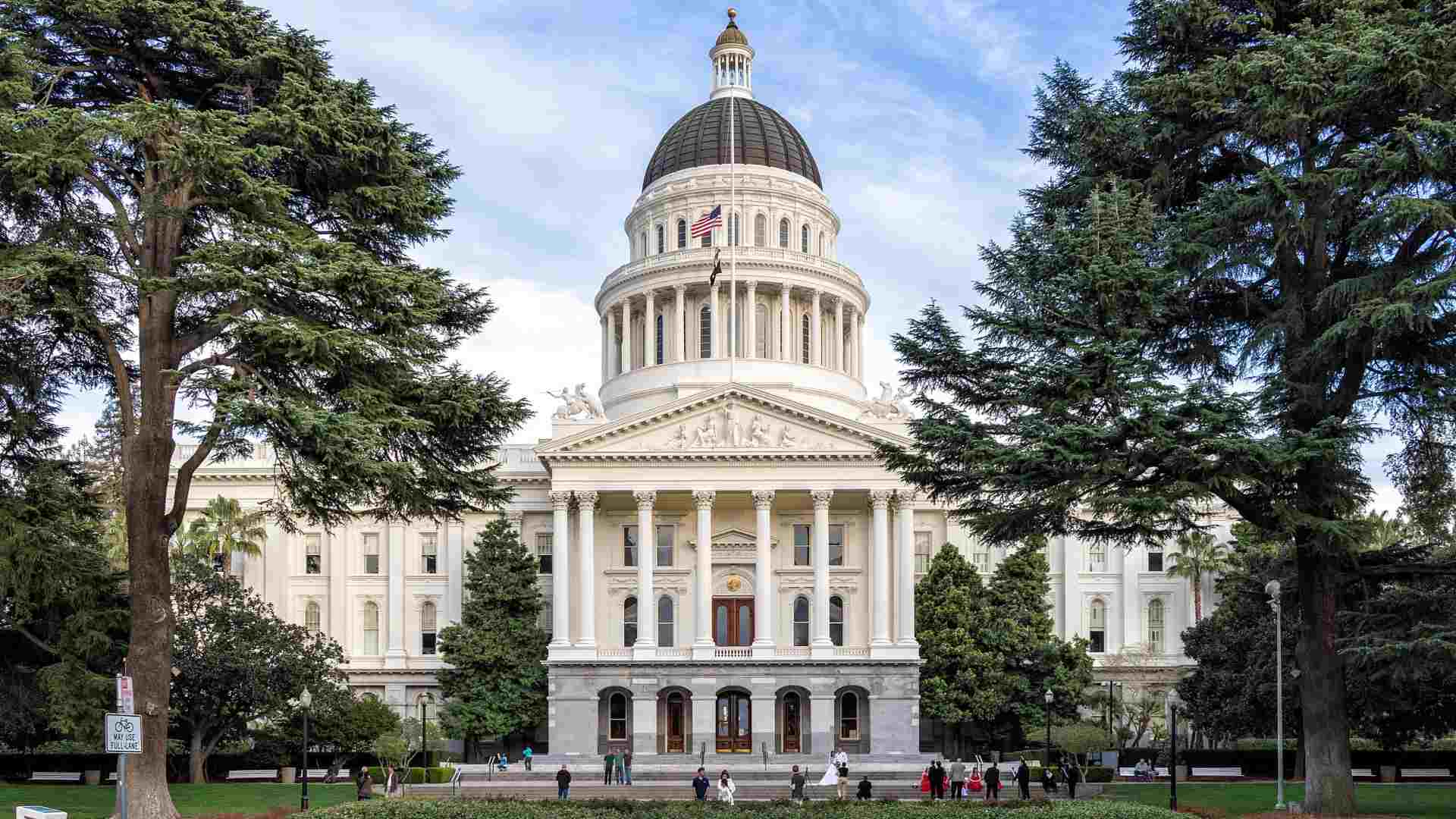
In 2020, Californians voted to pass a ballot initiative known as Proposition 22. The measure passed with 59% of the vote and became a law that went into effect in 2021.
This law allows rideshare drivers to be treated as independent contractor workers instead of regular employees, allowing companies like Lyft and Uber to pay them significantly less and avoid having to provide them with regular benefits.
Paying California Gig Drivers
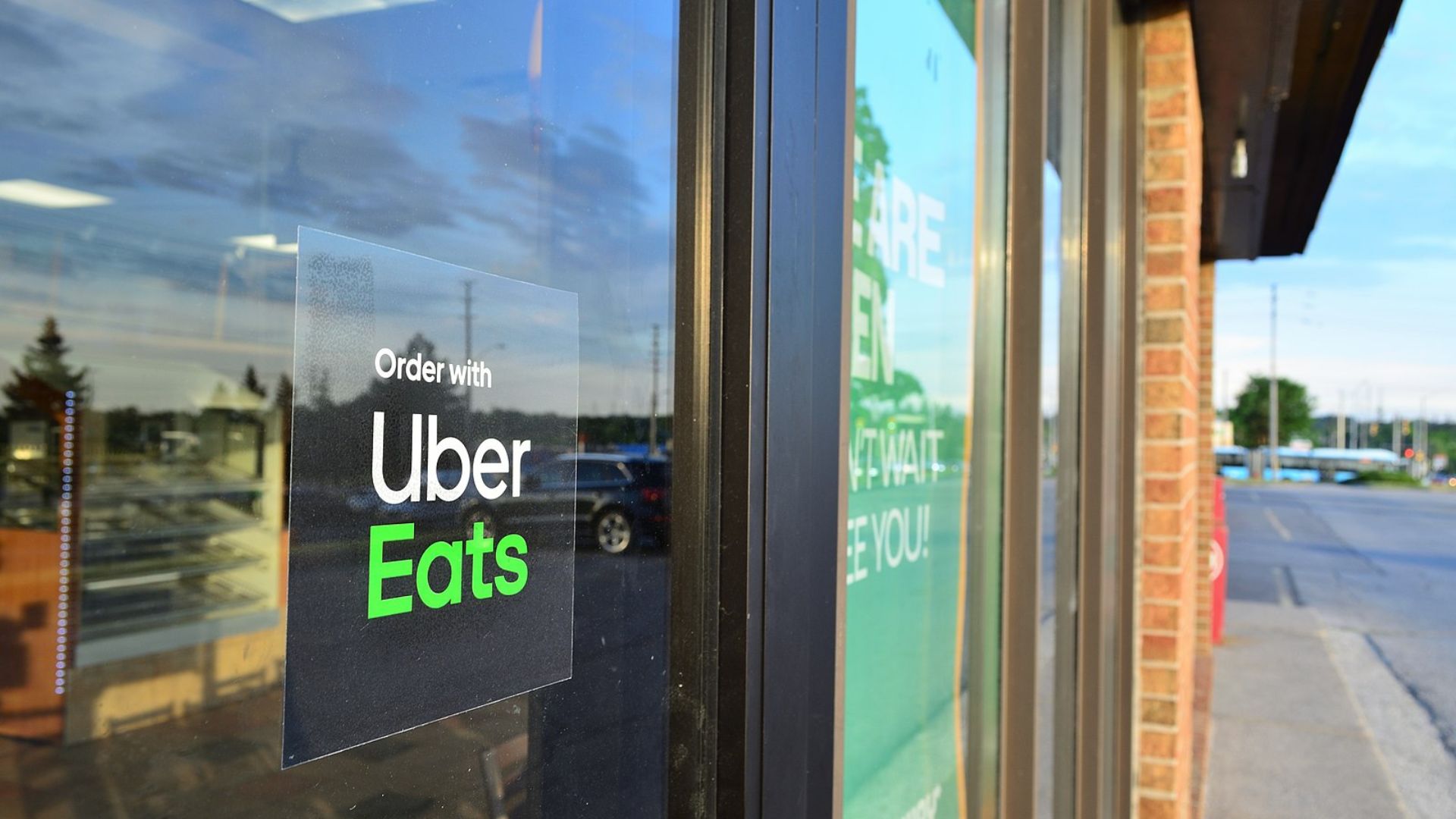
Proposition 22 allowed these companies to avoid treating their drivers as employees, with the caveat that they need to pay them 120% of the minimum wage while providing service for passengers in the car, as well as providing subsidies or reimbursement for healthcare costs.
However, a recent study by the University of California Berkeley found that drivers in five major cities like Los Angeles and San Francisco actually make way less than minimum wage when taking into account the costs they have to deal with.
Barely Scraping By
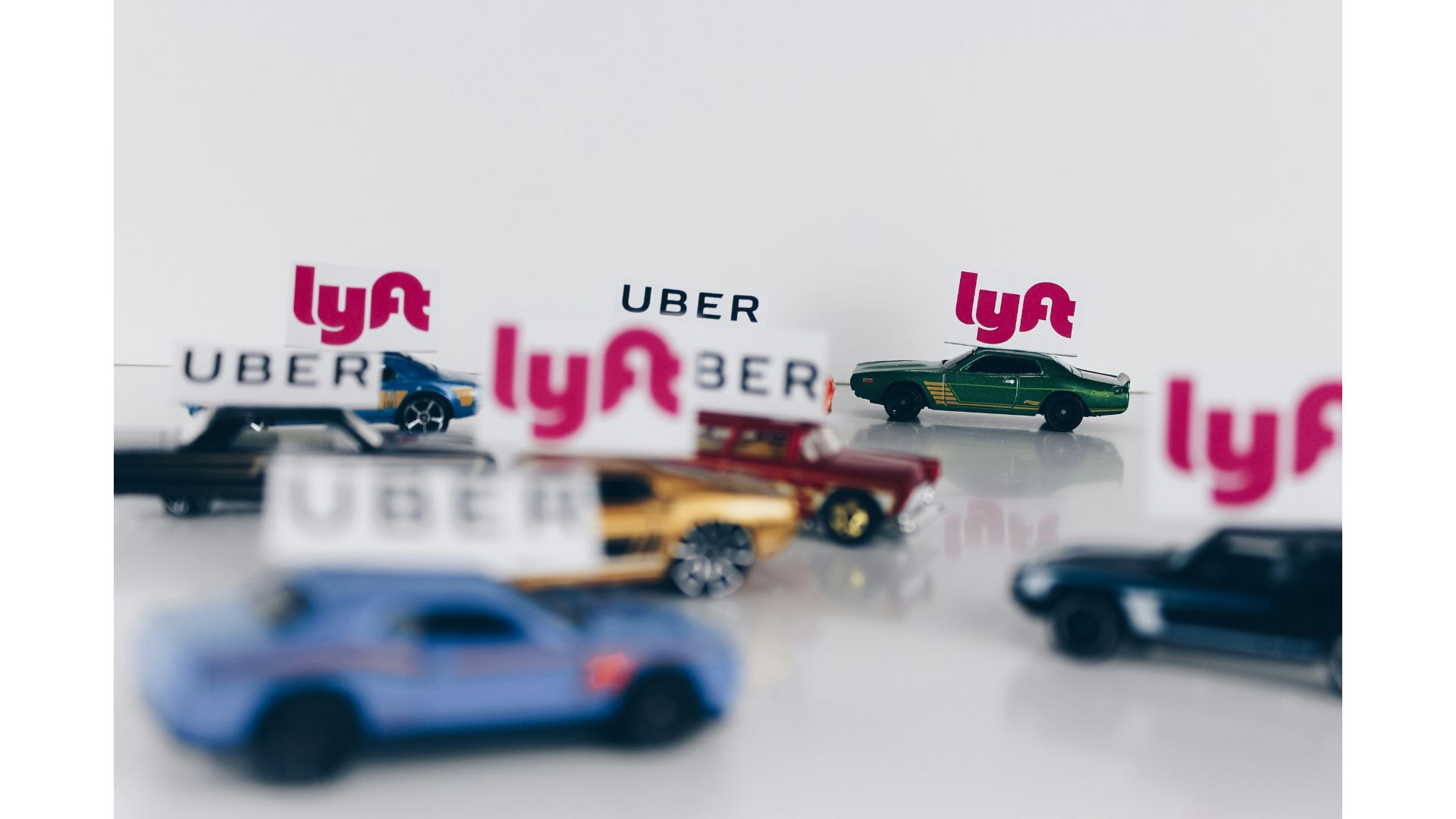
In a press release talking about the report, UC Berkely asserted that California passenger app drivers were actually making abysmal rates.
“The report finds that the median wage for a California passenger app driver was about $5.97 per hour without tips and $7.63 per hour with tips. Meal delivery drivers made even less: $4.98 an hour without tips and $11.43 with tips, well below the state minimum wage of $16.00 an hour,” the press statement said.
Most Expensive Ballot Campaign
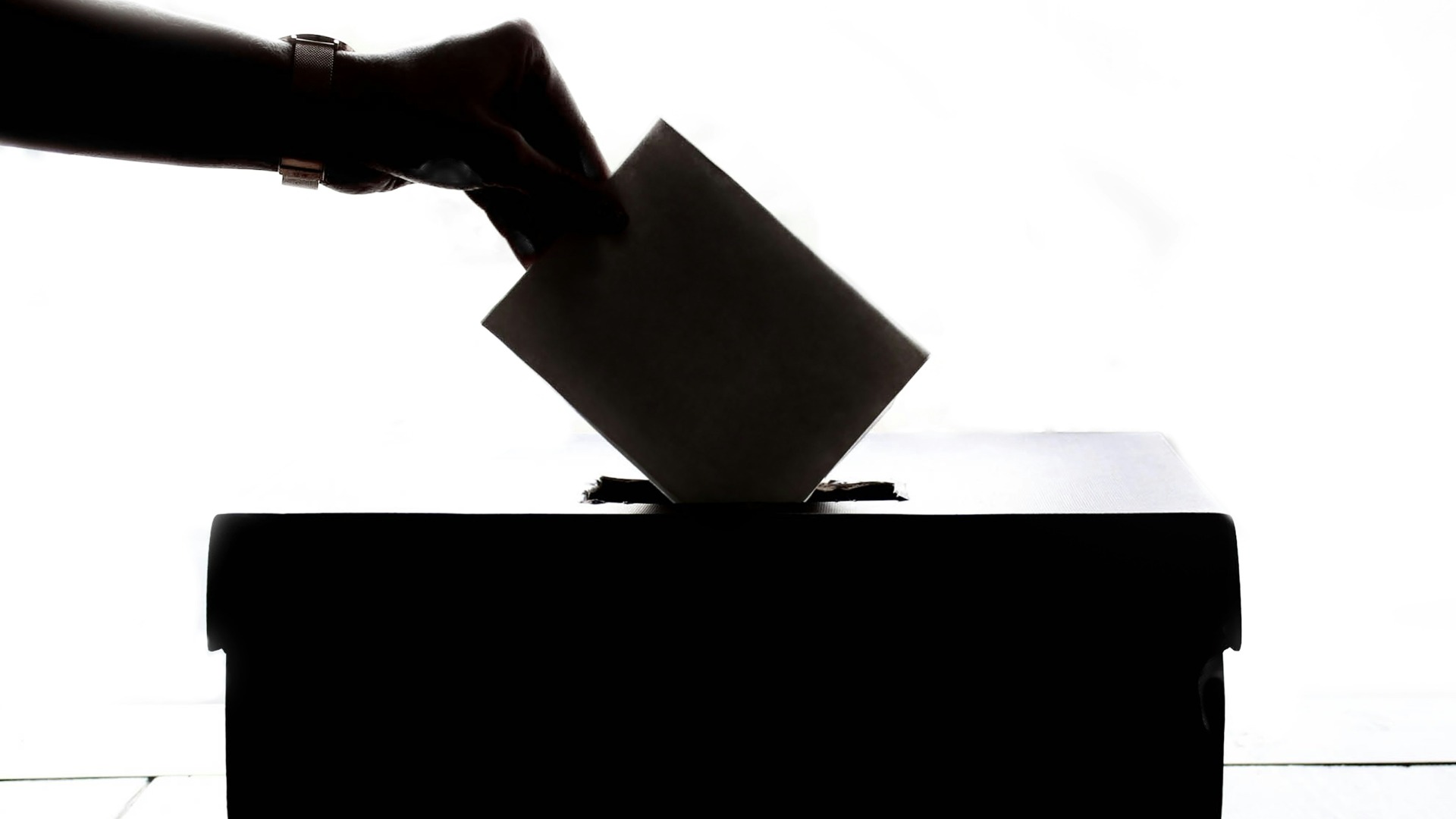
Prop 22 was such a good deal for rideshare companies that they spent over $200 million dollars funding the ballot initiative campaign, which ended up being the most expensive ballot campaign in California’s history at the time.
This record was surpassed in 2022, when over $400 million was spent on Prop 26 and 27, initiatives centered around sports betting.
Bad For Workers
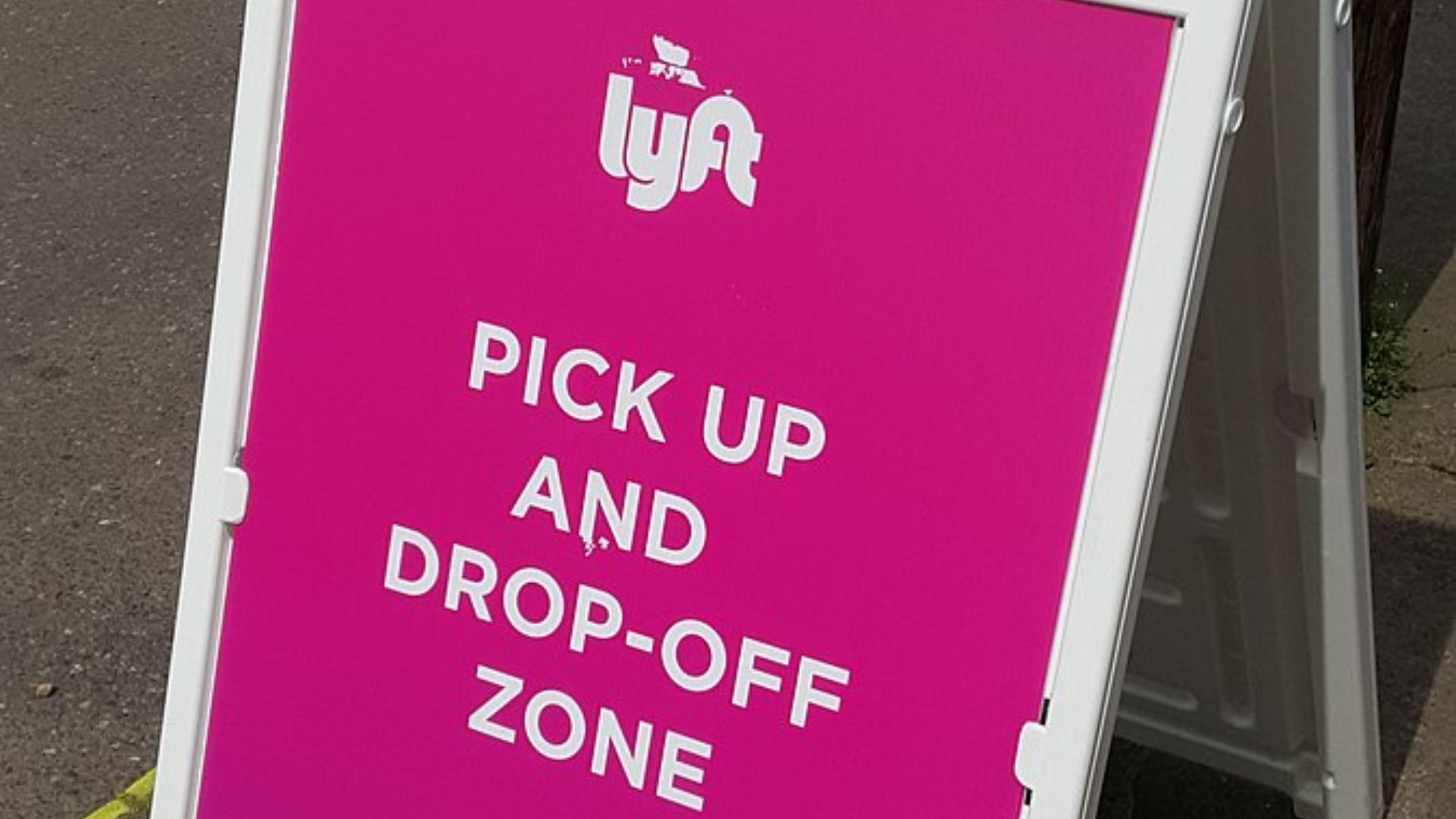
In a statement released about the lawsuit in 2021, plaintiff Saori Okawa accuses Prop 22 of enabling companies to ignore driver wellbeing to prioritize corporate profits.
“Every day, rideshare drivers like me struggle to make ends meet because companies like Uber and Lyft prioritize corporate profits over our wellbeing,” said plaintiff rideshare driver Saori Okawa. “With Prop 22, they’re not just ignoring our health and safety — they’re discarding our state’s constitution. I’m joining this lawsuit because I know it’s up to the people we elect to make our laws, not wealthy executives who profit from our labor. I’m confident the court will see Prop 22 for the corporate power grab that it is.”
Stipping Worker Rights
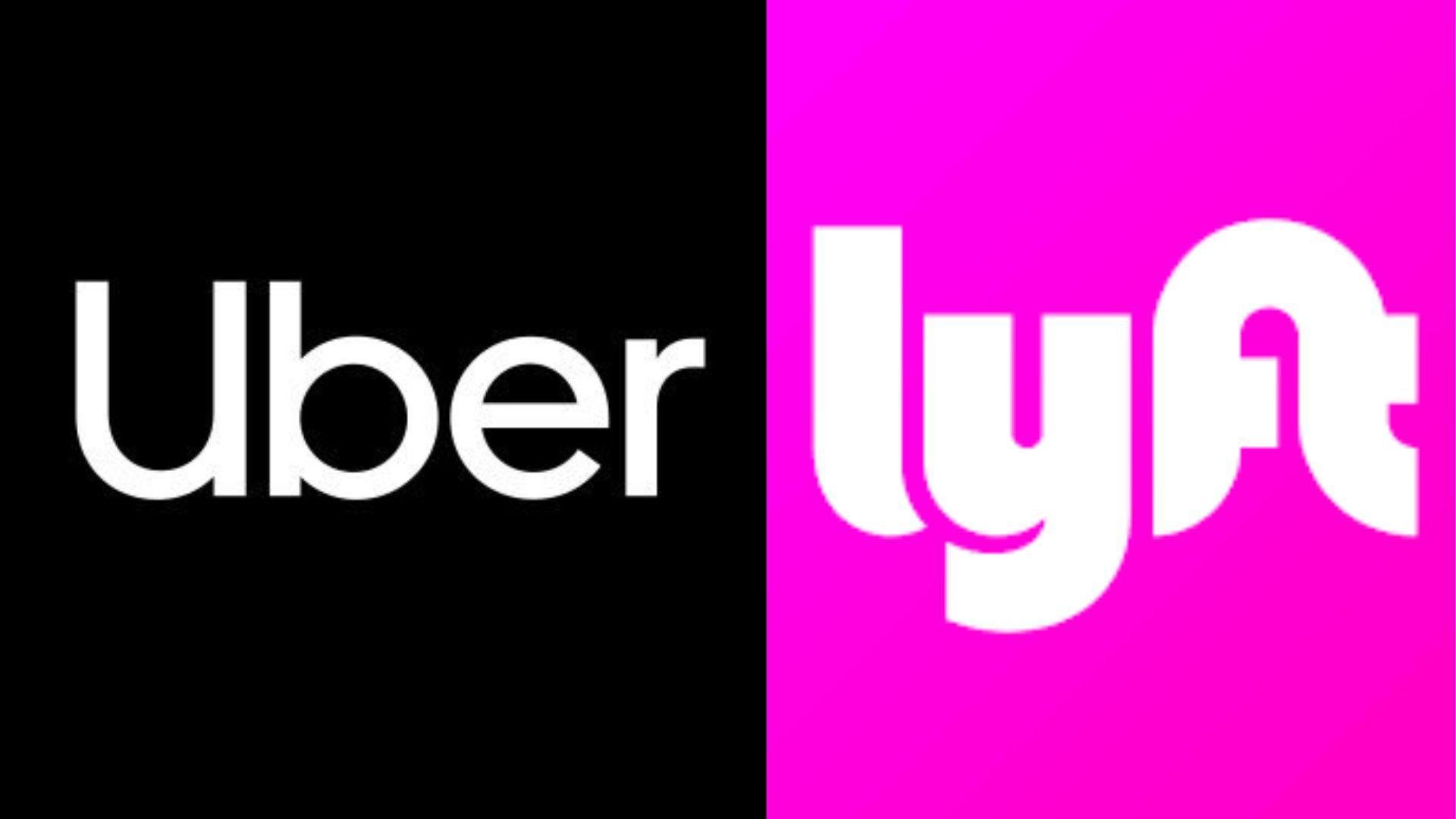
Bob Schoonover, President of SEIU Local 721 was optimistic that the lawsuit would produce positive results for California rideshare workers.
“We look forward to the court affirming that gig companies cannot strip workers of their fundamental right to bargain for better pay and working conditions — and that corporations alone should not dictate the laws in our state,” Schoonover said in 2021.
Unconstitutional Attack
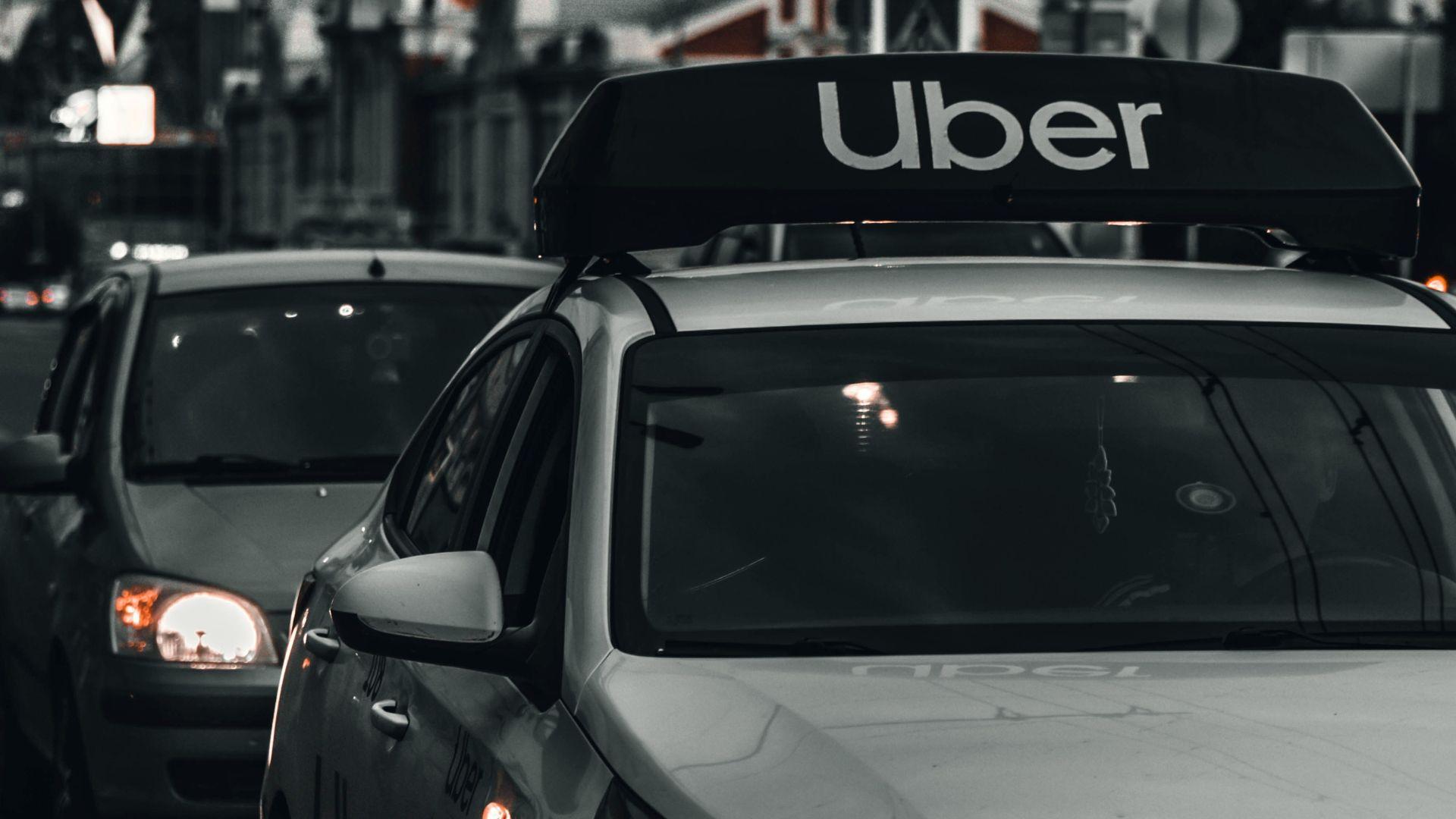
Core to the complaint of the lawsuit is the contention that the ballot initiative is unconstitutional.
“Like Prop 187 and Prop 8, Prop 22 is an unconstitutional attack on Californians’ rights that if left unchecked will grant permission to companies like Uber and Lyft to dismantle workers’ rights across the country. SEIU is proud to support drivers’ fight to stop this unconstitutional law,” said Schoonover.
Keeping the Fight Going
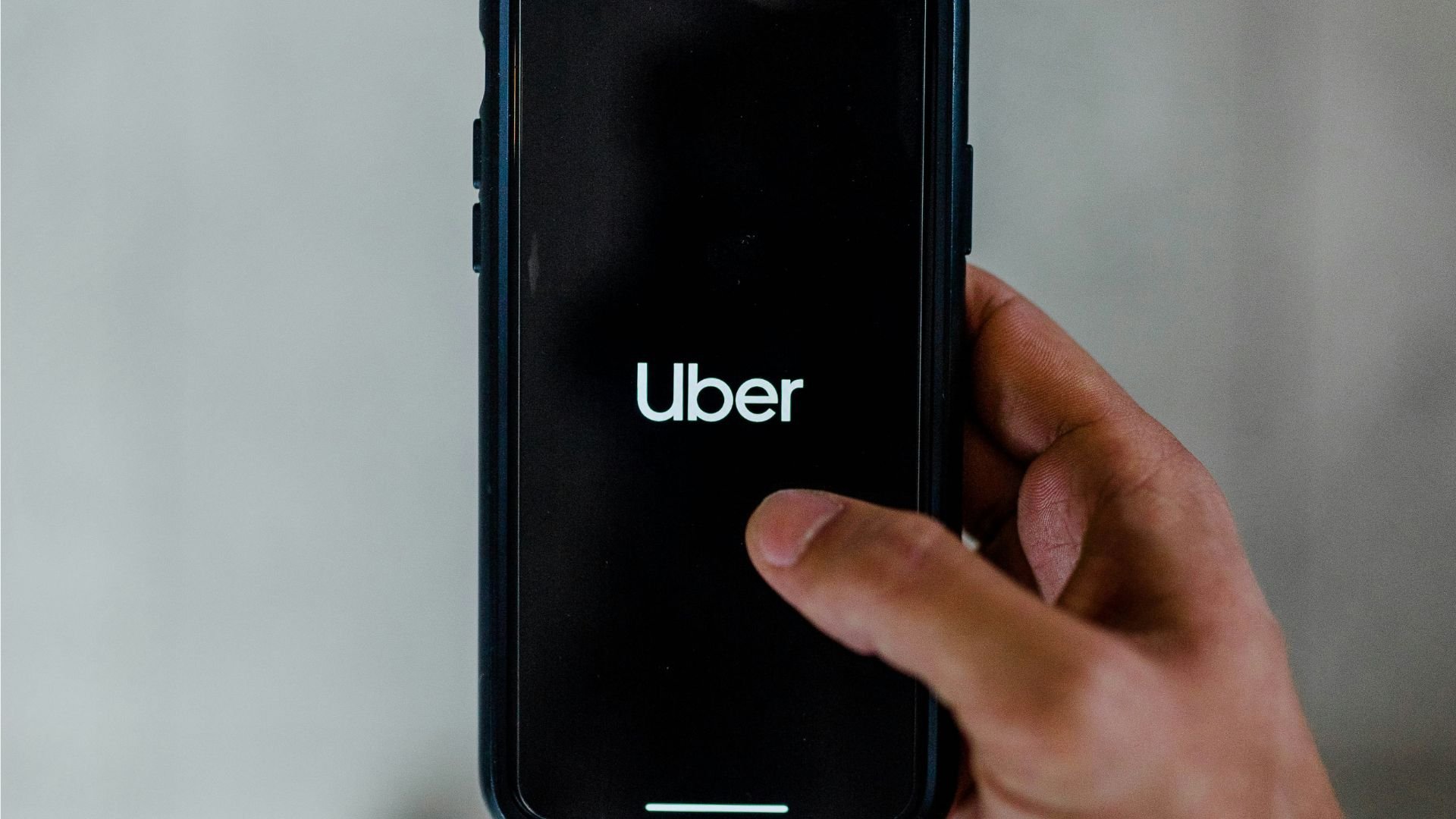
It has been several years, but SEIU is still determined to keep pushing to “reverse more than a decade of exploitation.”
“No matter the outcome, we will not be intimidated by corporations’ unconstitutional attempts to dictate law in California,” said SUIU executive vice president Joesph Bryant.
Nationwide Struggle

California is just one flashpoint in the fight for workers to get better compensation as rideshare drivers, an increasingly essential service for many Americans.
Last week, a trial started in Massachusetts where the state’s attorney general accused Uber and Lyft of unlawful actions in classifying drivers as contractors to avoid paying them higher rates.
Consquences for Rideshare
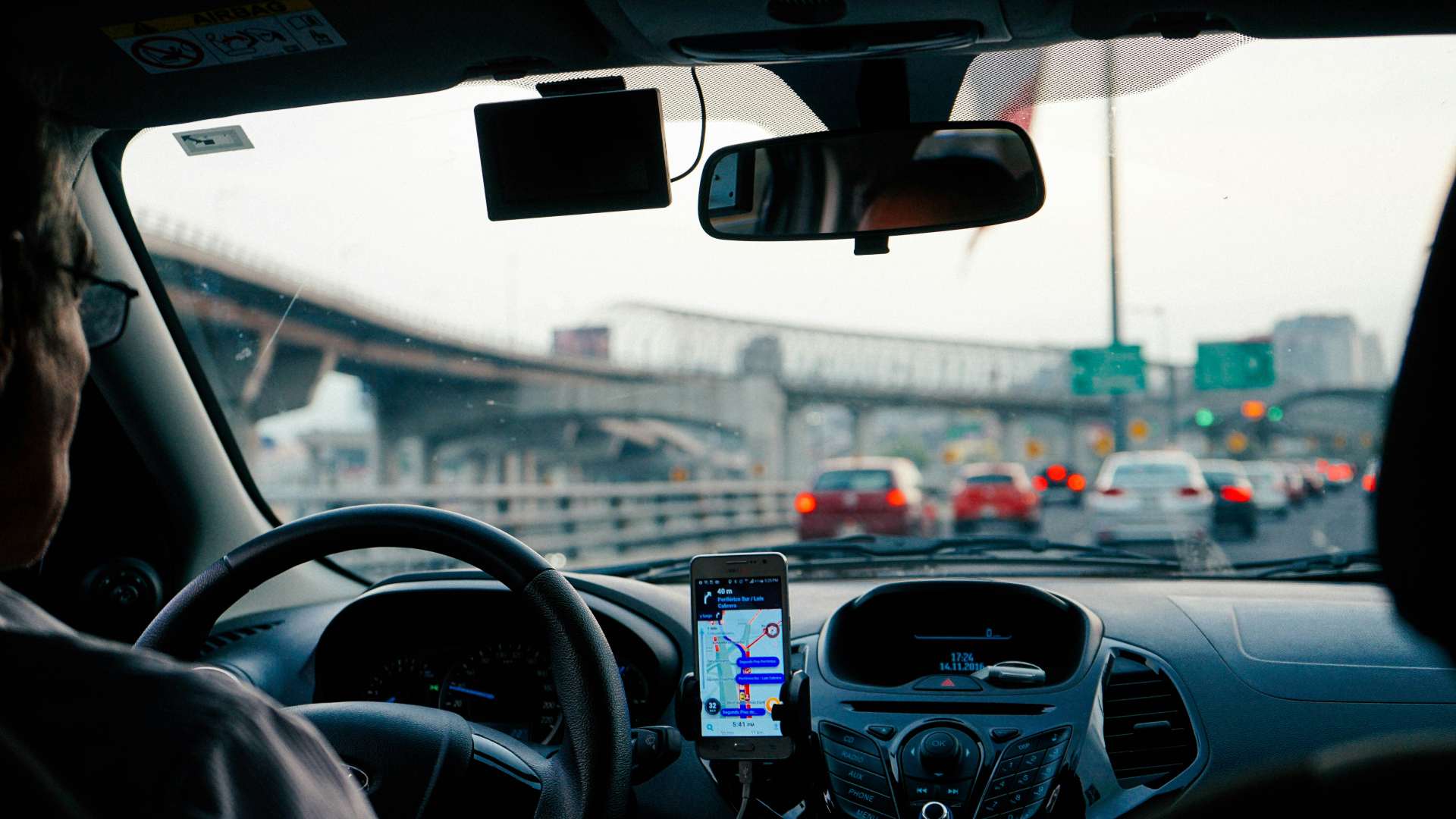
If legal challenges against rideshare companies go through, the companies have threatened to pull out of cities, saying paying employees these wages would harm their business. Studies show that using contractors can save a company up to 30% compared to regular employees.
In March, both Uber and Lyft threatened to pull out of Minneapolis after a city council vote would grant a guaranteed minimum wage to rideshare drivers.
